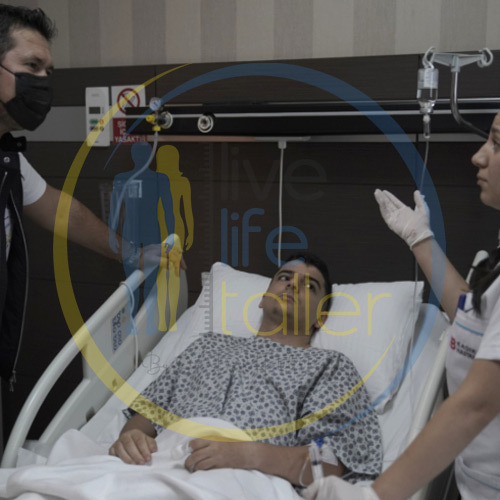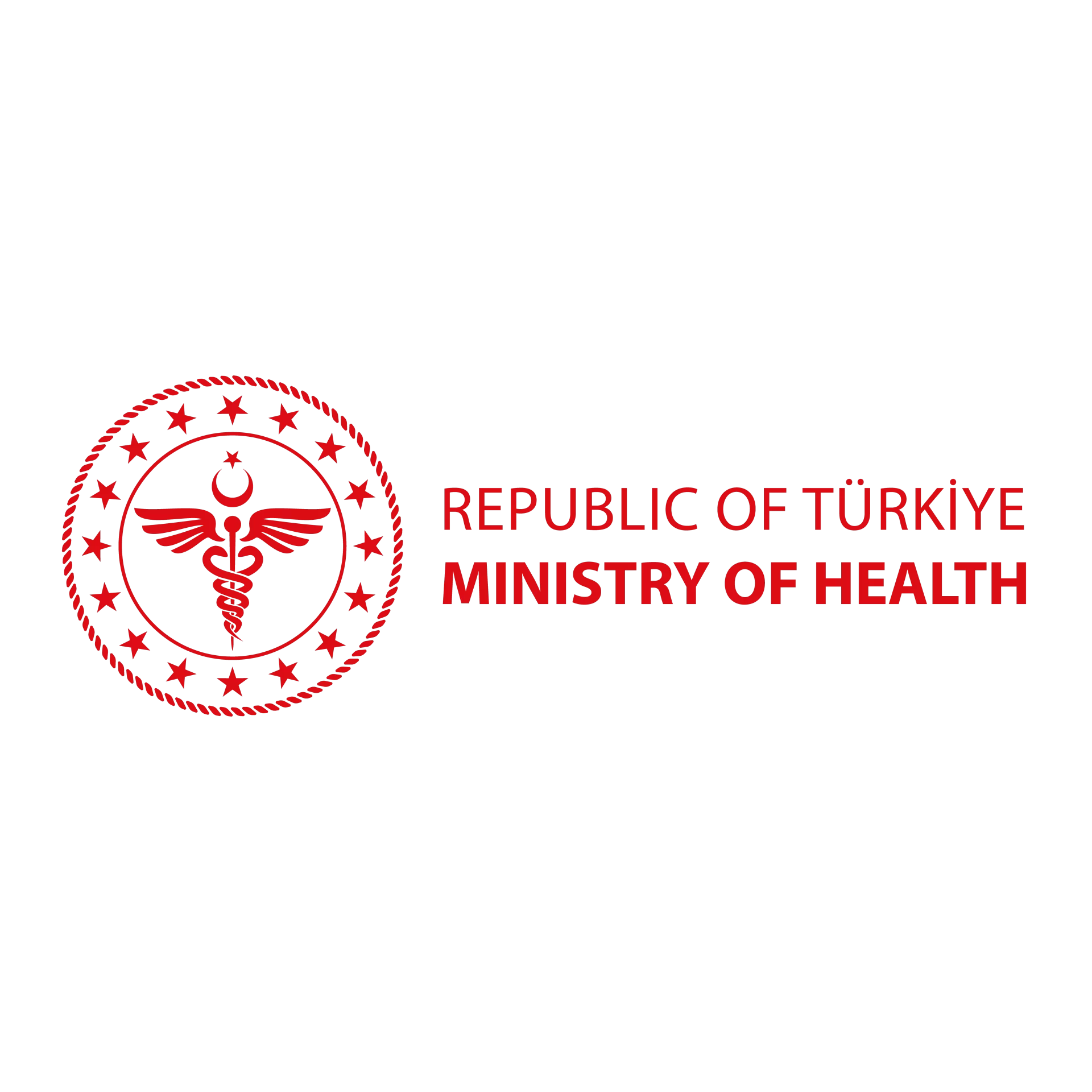
Table of Contents
Preliminary medical examination
As with all surgeries, lengthening surgery will have some pre-surgery exams.
Generally, x-ray, blood, and routine tests are done.
The condition of the bone is checked with special x-rays.
The legs / arms are measured precisely in order to determine the extended dimensions afterwards.
The type of anesthesia and how it is used is determined by the anesthetic exam. Apart from these, some additional tests may be used that the doctor may find necessary.
Roentgen (X-ray)
Special X-rays are taken to determine the bone structure more precisely
and to detect possible health damage to the bones.
Blood test
A blood test will also be requested prior to the extension surgery.
The blood sample is analyzed in a laboratory.
The blood test is done as needed for different situations.
Anesthesia examination
The anesthesia exam is usually performed by an anesthetist on the day of the operation. Information on general health and diseases is collected here. During this examination, the patient should inform about his allergies, if necessary. It is also very important that the patient informs about the medication he is taking or whether he is consuming alcohol or cigarettes.
Information about previous surgeries that the patient has performed is also collected. It will be investigated whether there are any problems with the respiratory system. In addition, the patient’s psychological state is monitored. This examination tries to avoid the risks that can arise from the use of anesthesia.
Examples are computed tomography and MR. Depending on the patient’s condition, some imaging tests may be requested prior to surgery.
General health
Before the procedure, general health checks are carried out. If necessary, chronic diseases are examined. It examines diseases that may prevent an operation or pose a risk. Knowing these in advance will mean taking the necessary precautions.
Body measurement
Before the procedure, the body regions that will be operated on are measured.
This information is recorded so that the new length can be precisely determined afterwards.
Urine test
The urinalysis is also one of the preliminary examinations.
For example, its appearance, intensity and content provide information about the
Health status. Kidney disease or urinary tract infections can be evaluated or provide information about high protein levels.
Other routine tests
The following tests are also part of the preliminary examinations:
Coagulation tests, EKG, chest x-ray, hepatitis and HIV tests, blood group tests. These tests are used before any surgery, even if there are no symptoms of the disease. The doctor may request additional tests depending on the patient’s condition.

Orthopedic Surgeon and specialist in Limb Lengthening & Deformity Correction with over 14 years of experiences
Author Page


